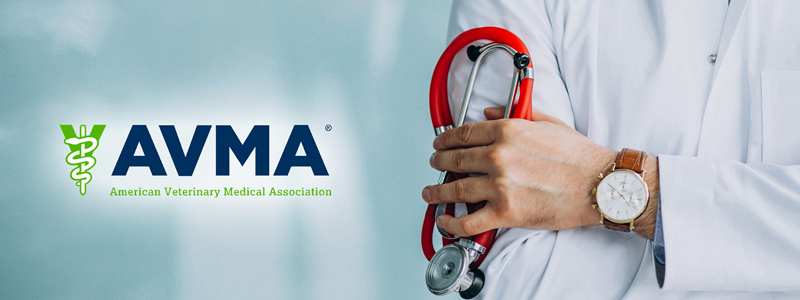BY: SAMANTHA BARTLETT, DVM
Dr. Jennifer Granick, associate professor of small animal internal medicine at the University of Minnesota College of Veterinary Medicine, recently presented on treating diarrhea at the AVMA Convention in July 2022. Dr. Granick acknowledged traditional approaches to treating diarrhea with the use of metronidazole, but notes that as research has progressed, her approach has changed.
She suggests focusing on restoring the gut microbiome rather than reaching for antimicrobials as a first line treatment. We know that the microbiome of the gastrointestinal tract is a core component of individual health. The organisms in the gastrointestinal tract guard against pathogens and also play roles in the break down and implementation of nutrients (and medications) by the host. The organisms found in the canine gastrointestinal tract are largely Enterococcus and lactic-acid producing species. Felines however are hosts to Lactobacillus, Enterococcus and Bifidobacterium species.
Whereas it was once thought that withholding food was important in cases of severe GI upset such as pancreatitis and parvovirus, we now know that enteral feeding is more beneficial to faster recovery because the gut needs bacteria to stay healthy and bacteria need to be fed to do their jobs.
Recent studies show that antibiotics have very little impact on resolution of acute diarrhea and hemorrhagic diarrhea. A randomized trial of dogs with acute diarrhea showed acceptable fecal consistency was achieved after 3.5 days when receiving a probiotic, 4.6 days after receiving metronidazole and 4.8 days with a placebo. Antimicrobials can have similar effects on the microbiome as those created by infection, inflammatory disease and poor diet. The alternative to antibiotics is prebiotics such as high-fiber diets and psyllium to feed the natural microbiome and get it back to a healthy status. Additionally, probiotics can be helpful. The combination of prebiotics and postbiotics creates postbiotics – metabolites, short-chain fatty acids and functional proteins. Antidiarrheal probiotic pastes have been shown to help with repair processes and act as an anti-inflammatory in the intestinal barrier. Trials with antidiarrheal probiotic pastes showed a decreased recovery time with faster resolution of diarrhea with a median duration of 32 hours compared to 47 hours with a placebo.
Fecal microbiome transplantation (FMT) is a new treatment option gaining popularity. Research is limited and there is much to be learned about this procedure. In addition, many factors need to be taken into account such as screening donors for fecal pathogens and health history.
Dr. Granick’s initial approach to treating chronic diarrhea cases is diet change and prebiotics. Depending on the individual history she may also add in prebiotics and deworming. She also checks for cobalamin deficiency, hypoalbuminemia and, if the patient is not responding, additional diagnostics as needed. Only when all other options are eliminated will Dr. Granick resort to antibiotic use.
Dr. Granick’s session is available on AVMA Axon at https://axon.avma.org/local/catalog/view/product.php?productid=217.






